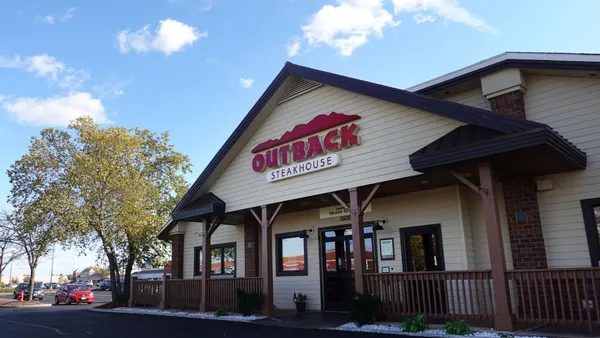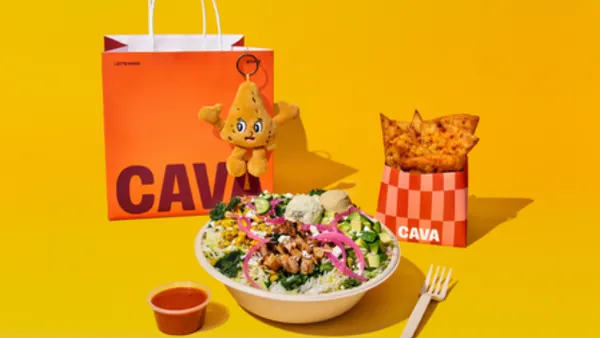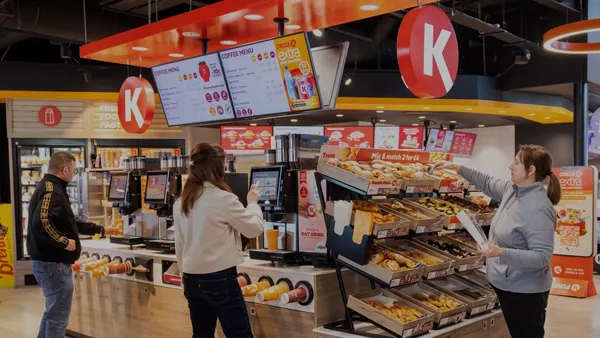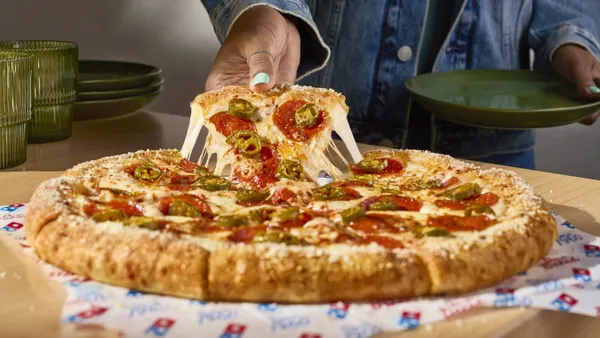Dive Brief:
- A new survey from Acquia finds that 65% of consumers are unsure of which brands are using their data, and 55% don't know how how brands are using their personal information.
- Most customers (59%) wait at least a month before sharing personal data with brands, and 49% are more comfortable giving personal information to brands that have brick-and-mortar locations, according to the survey. Sixty-five percent of respondents said they would stop using a brand that wasn't transparent about how it was using their data.
- In a press release, Acquia SVP Tom Wentworth said brands have a responsibility to educate consumers about data usage and businesses should allow consumers to opt in or out of data sharing.
Dive Insight:
The advent of Amazon and other e-commerce giants has ushered in an era of near-constant data sharing, and there's no turning back. The conversation around how consumers feel about giving up some privacy to companies is not new and hasn't changed much over the years. A 2012 survey by PwC showed that most consumers were willing to share personal information to a point, as long as there was something (like a discount) in return. Last year, a Salesforce report showed that younger consumers — namely Gen Z and millennials — are more likely to hand over their personal data, though again for something in return.
Though most consumers are wary of giving up such information, the key for companies to get them to buy in anyway is by offering a benefit of sorts. This could be why restaurants seem to be pulling out all the stops to woo consumers to their mobile apps. Wendy's is offering free Baconator Fries with any purchase via the Wendy's app, for example.
Chipotle has been generating strong loyalty program sign-ups for free burritos and more. The program, launched in March, now has more than 5 million members. Starbucks is also a successful case study when it comes to effectively mining its customer data and its rewards members accounted for 42% of the money spent at U.S. locations because of these efforts, according to Restaurant Business. During Starbucks' Q3 call, COO Roz Brewer said the company knows "a lot more" about its customers and that knowledge is informing the chain's beverage innovation.
Such data collection allows brands to get hyper-personalized with their direct-to-consumer communication, a big advantage in a saturated restaurant space. Blanketed marketing messages are no longer as effective.
All of this — data mining, personalized marketing, etc. — has become the new normal, but consumers still have their limits. Most consumers, for example, aren't willing to give up a fingerprint or face scan, according to The Center for Data Innovation (though some restaurant chains, like KFC China, are dipping their toes in facial scanning). This presents a fine line for brands to walk. Indeed it's important for them to have relevant communications and they will accomplish just that if they have more personal information. But it's more critical for restaurants to gain consumer trust first, and they can do that by offering more transparency and control.
"Allowing consumers to opt in or out of data sharing will become more common over time as brands recognize that giving consumers back control of their data is not only the right thing to do, but it will also benefit their business in the end," Wentworth said.











